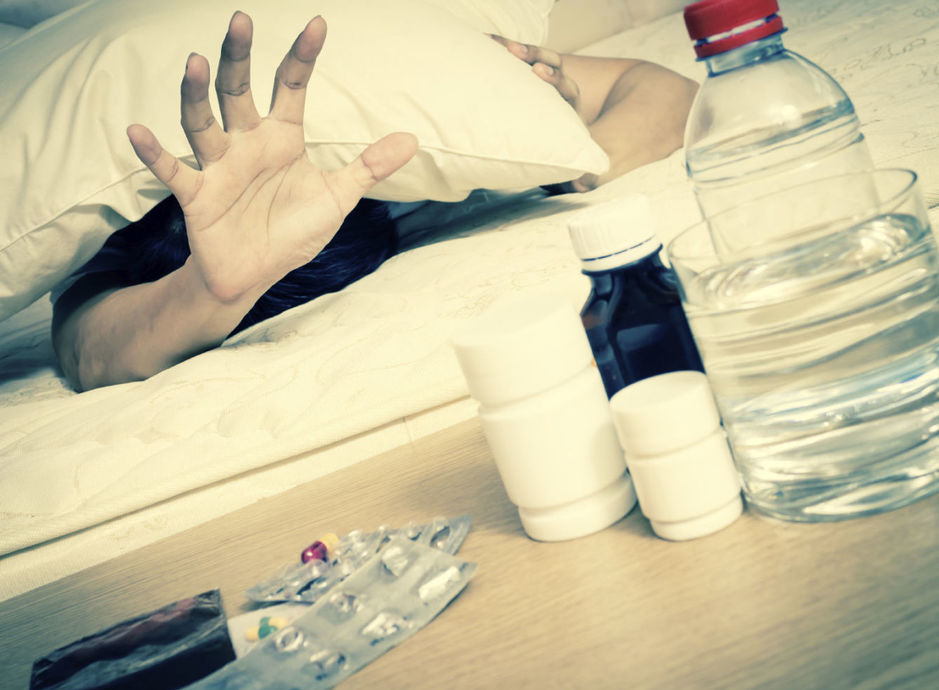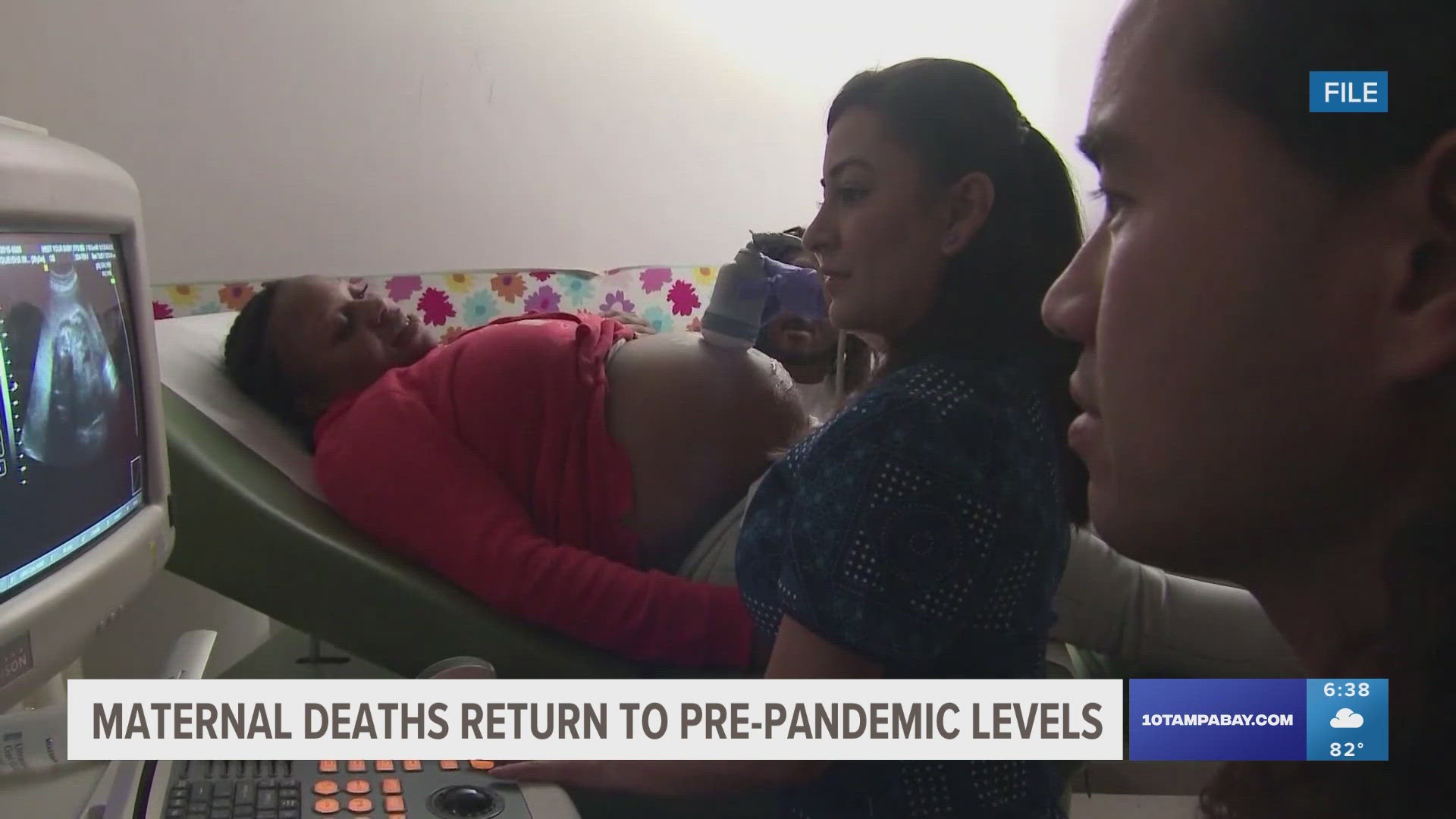After a big, boozy holiday, a growing number of people are now using January to dry out.
The practice gained popularity after a British nonprofit promoted it in 2013, becoming a government-backed public health campaign the next year aimed at improving health, trimming waistlines and fattening wallets.
But will putting down the bottles for a month make up for the recent weeks' revelry? Yes and no, according to a smattering of data and experts on the subject. It might depend on your goal.
Sobriety success
Denise Mestanza-Taylor, a Land O' Lakes mom of three and a lifestyle blogger, first tried the sobering trend last year. She documented her experience on her blog RunDMT.
"For me, it was just that extra goal to live my healthiest self," she said.
Mestanza-Taylor's biggest challenge: giving up those celebratory beverages like the birthday drinks and happy hour spirits.
But she said never expected the general reaction she got from people when she started the challenge.
"I was surprised at how many people were negative and unsupportive in my trying to cut back," Mestanza-Taylor said. "Because there is such a social aspect to drinking."
Despite that, Mestanza-Taylor said her 'Dry January' in 2016 morphed into a five-month-long mission of sobriety.
She's trying it again this year.
But is one month enough?
But Mestanza-Taylor might be the exception, not the rule. Most simply go cold turkey for just the month and that's something Dr. Julio Sokolich, a Tampa General Hospital surgeon who specializes in liver and kidney transplants, actually advises against.
"That kind of habit of drinking, then stopping, then going back to drink creates big changes in our physiology," Sokolich said.
Essentially the liver can't respond quickly enough to produce any notable health benefits. The body needs time to adjust, he said, and our organs need time to recover, which they can.
Don't get Sokolich wrong, there are plenty of healthy upsides to not drinking: potential weight loss and improved sleep to name a few.
But that's accomplished through year-round commitment, not a one-month test of extreme endurance.
"I work with lots of patients who want to lose weight, get off their medications and just feel better and a really easy way to get started is to cut out that glass of wine in the evening or beer on the weekend," said Peggy Cordle, clinical wellness director at All Care Medical.
"In simple terms, giving your body and liver a break helps it to process food properly and improve the way it deals with blood sugar and cholesterol. We know that given the right environment, the body can heal itself.”
So what's the data suggest?
Britain's New Scientist magazine put Dry January to the test in 2014, the year the Queen's government rolled it out. Ten staffers stayed sober with Rajiv Jalan, a liver expert at University College of London, providing the first data to suggest the benefits of going dry for a month.
All 10 abstainers showed "dramatic and consistent" changes compared to four staffers who drank as normal, the magazine reported, with their liver fat — a precursor to liver damage — dropping by an average of 15% over five weeks. The sample size, however, was quite small.
A later study of 120 participants found abstainers displaying better liver function, better skin conditions and weight loss after a Dry January simulation, Jalan told NPR, and they even reported significantly lower levels of drinking in the six months after their "Dry January" experience.
Indeed, a University of Sussex survey of 800-plus Dry January abstainers found that participants seemed to adopt healthier drinking habits and greater willpower to abstain from alcohol in the six months that followed.
Participants in the above-noted research were self-selected, offering the potential for bias, but none of the studies suggested a rebound effect of increased drinking following a dry spell. Still, some health advocates discourage Dry January as a way to "cancel out" last month's binge drinking, instead of calling it a period to reflect on healthy goals for the year to come.
"If someone's doing the Dry January because they are thinking that it's going to make up for the drinking during the year, then they're fooling themselves," John Dyben, a clinical fellow at Origins Behavioral HealthCare, an addiction center in West Palm Beach, Fla., told AARP. "They will still have the deleterious effects of too much alcohol consumption.”
Judi Ryhs, executive of the British Liver Trust, agreed.
"Dry January should be seen as the impetus to change people's relationship with alcohol forever," she said in a statement. "We recommend everyone has two to three consecutive alcohol-free days every week."
USA Today contributed to this report.
►Make it easy to keep up-to-date with more stories like this. Download the 10News app now.
Have a news tip? Email desk@wtsp.com, or visit our Facebook page or Twitter feed.


